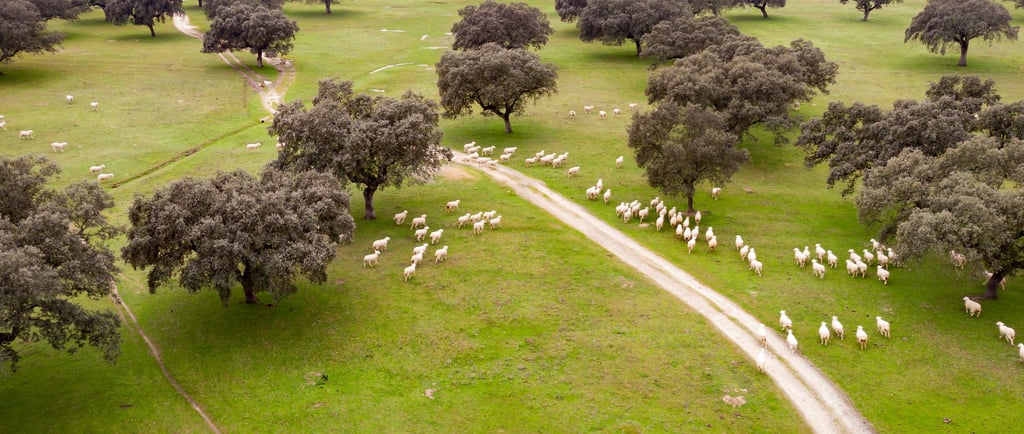What are silvopastoral systems?
Blog post
Tom Mackay-Smith
11/20/20232 min read


What are silvopastoral systems?
Silvopastoral systems are when trees are grown or managed within pasture.
Silvopastoral systems come in many different forms. Trees can be grown at spacings which range from 5 to 50 m. They can be in even spacings within the paddock, random spacings, or strips of trees. The trees may or may not be harvested.
The two most common examples of silvopastoralism in New Zealand is space-planted poplar and willow trees, and planting production forestry trees at around 10 x 10 m spacings.
How is silvopastoralism different to agroforestry?
Silvopastoralism is a type of Agroforestry.
Agroforesty has typically been used to describe tree-pasture systems in New Zealand. However, agroforestry refers to when trees are managed in any type of planting situation or farming system (livestock, cropping, horticulture, etc.). Other well-known agroforestry types include alley cropping, riparian buffers, and living fencing.
Because agroforestry is a very broad definition, we think it is better to use silvopastoralism because it specifically refers to trees integrated into pasture.
What is the aim of silvopastoralism?
One of the key aims of silvopastoralism is to balance agricultural production and environmental conservation.
This is why hill country is targeted with trees because there is often a high risk of landslides. The use of poplar trees in hill country is a classic example of trees being used in pasture that is environmentally sensitive.
Farmers can also use silvopastoralism in certain contexts to increase the production of the farm, making them a more desirable land use choice than straight pasture.
Silvopastoralism can boost pasture growth in pasture where nutrients or water are limited.
Silvopastoralism provides shade and shelter to stock.
The trees could provide another income stream such as timber.
Not all interactions in silvopastoral systems are positive so designing these systems to maximise their positive impacts is essential.
